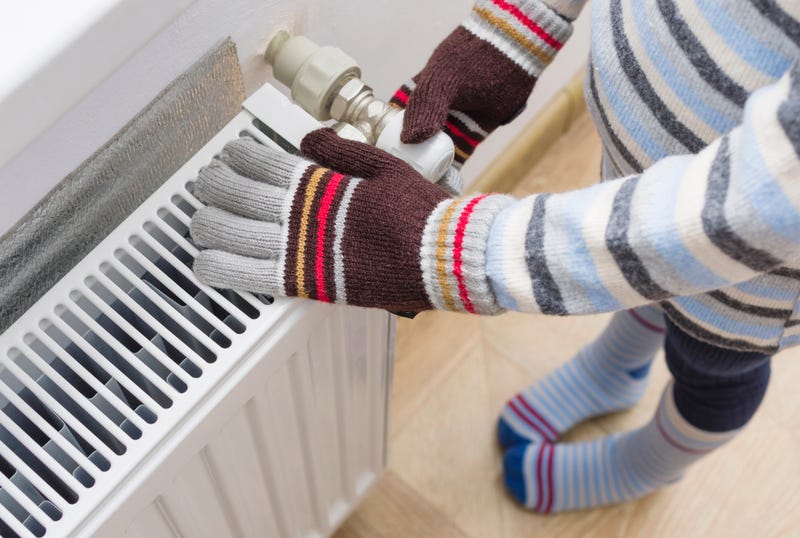
With meteorologists expecting this winter to be extremely cold, many have been left worried about how they will heat their homes through the winter. In response to that worry, the Biden administration announced it would be spending $4.5 billion to help low-income homes stay warm throughout the winter.
The announcement from the Biden administration came on Wednesday, sharing that the funding will go to the low-income home energy assistance program.
While the spending is higher than the usual $3.5 billion the program receives, it is well below the $8 billion in funding it received last winter in Biden's coronavirus relief package. Last year's funding was the most spent since the program's inception in 1981.
In a press release, the administration shared that the money will be provided to state, local, and tribal governments to help more than 5 million families pay for their heating and utility bills. The funding will also be available if those eligible need to repair their home energy systems.
Vice President Kamala Harris spoke about the funding in front of a Boston crowd, saying, "One of the best ways a family can reduce their energy bill is to make their home more energy efficient."
However, Harris acknowledged that making a home more energy-efficient is costly.
"But here's the challenge for many homeowners — many folks who are here today — you know that energy efficiency upgrades are expensive," Harris said. "And even though we know it can save you thousands of dollars in the long run, the upfront cost is often too high for so many families to be able to afford."
Utility bills have increased due to natural gas prices and home heating oil rising partly because of the war in Ukraine and inflation. The administration shared that helping those in need now is more important than ever.
"As heating costs increase, it is more important than ever to help families struggling to make ends meet,″ Health and Human Services Secretary Xavier Becerra said.
The LIHEAP program will look to help make a dent in costs for millions after helping 5.3 million households last year. Administration officials have shared they expect to help the same number of households this year.
"With this funding, we will help protect the health and well-being of Americans by keeping them safe and warm this winter," Becerra said.


